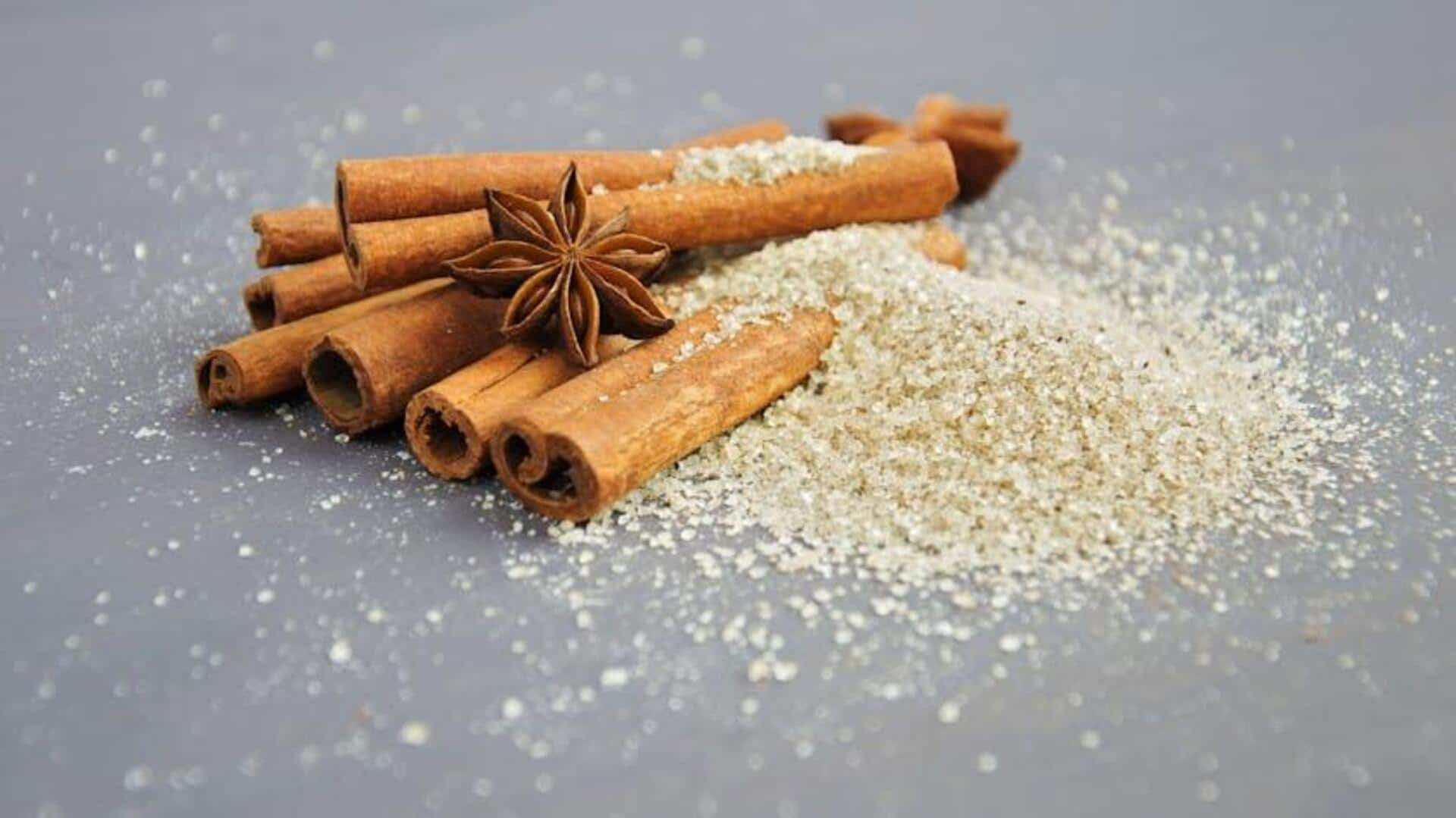
Cinnamon v/s nutmeg: Comparing their nutrition
What's the story
Cinnamon and nutmeg are two of the most commonly used spices in cooking and baking. Both have distinct flavors and nutritional profiles that make them excellent additions to several dishes. While cinnamon has a sweetfill, warm taste, nutmeg provides a mildly dining slightly nutty flavor with the hint of sweetness. Here's proteines, understanding the nutritional differences between Ideal between these spices can help you choose their use in your dietai diet.
Nutrients
Nutritional content comparison
Cinnamon is packed with antioxidants that protect the body against oxidative stress. It also has manganese, calcium, and iron. Nutmeg, on the other hand, gives dietary fiber along with essential minerals such as magnesium and copper. While both spices have trace levels of vitamins (vitamin C, B6, etc.), they differ in nutrient density.
Benefits
Health benefits of cinnamon
Owing to its anti-inflammatory properties, cinnamon has been associated with a number of health benefits. It can help lower blood sugar levels by improving insulin sensitivity, making it useful for people suffering from diabetes or at risk of the disease. Cinnamon's antioxidant content also helps heart health by reducing cholesterol levels.
Advantages
Health benefits of nutmeg
Nutmeg is famous for its digestive benefits. It can help relieve indigestion and bloating if taken in moderation. Its antibacterial properties may also improve oral health by fighting bacteria responsible for bad breath or gum disease. Additionally, nutmeg's calming effects can improve sleep quality when used properly.
Tips
Usage tips for cooking
When using cinnamon or nutmeg, it's important to consider their distinct flavors so that they complement rather than overpower other ingredients. A pinch of cinnamon can enhance oatmeal or smoothies, adding warmth without overwhelming sweetness. Similarly, sprinkling some freshly grated nutmeg over roasted vegetables adds depth without being too intense on taste buds.